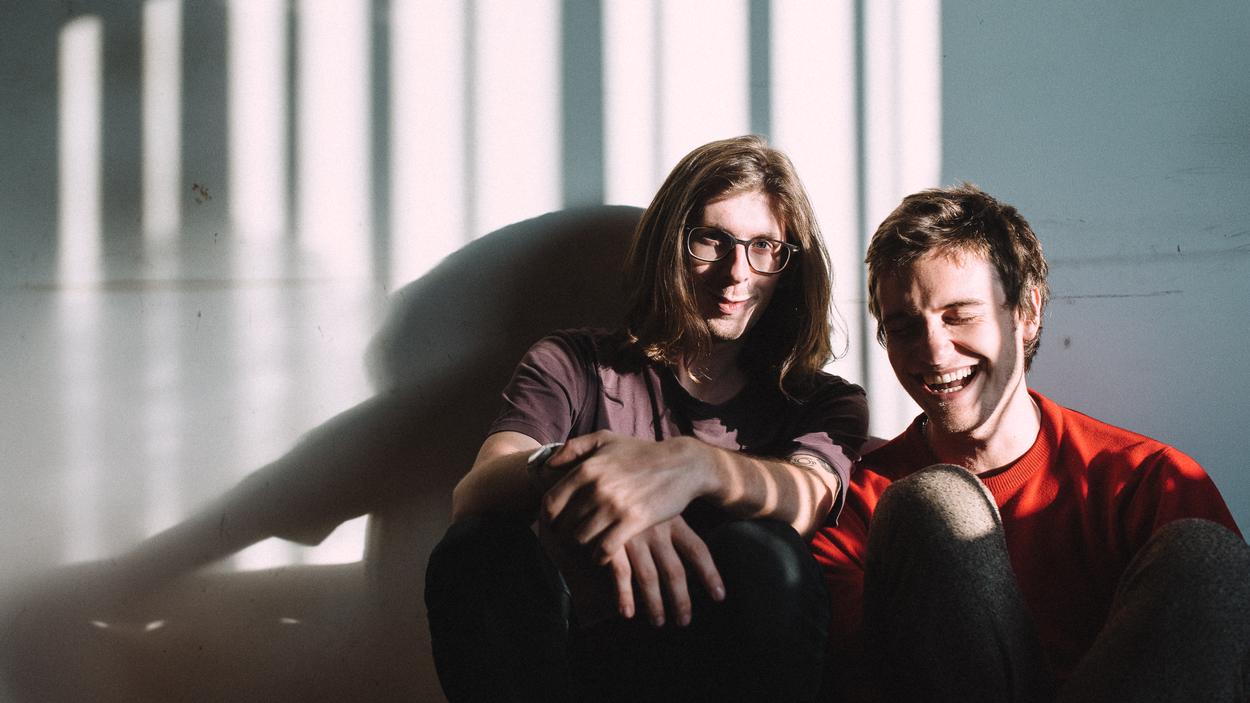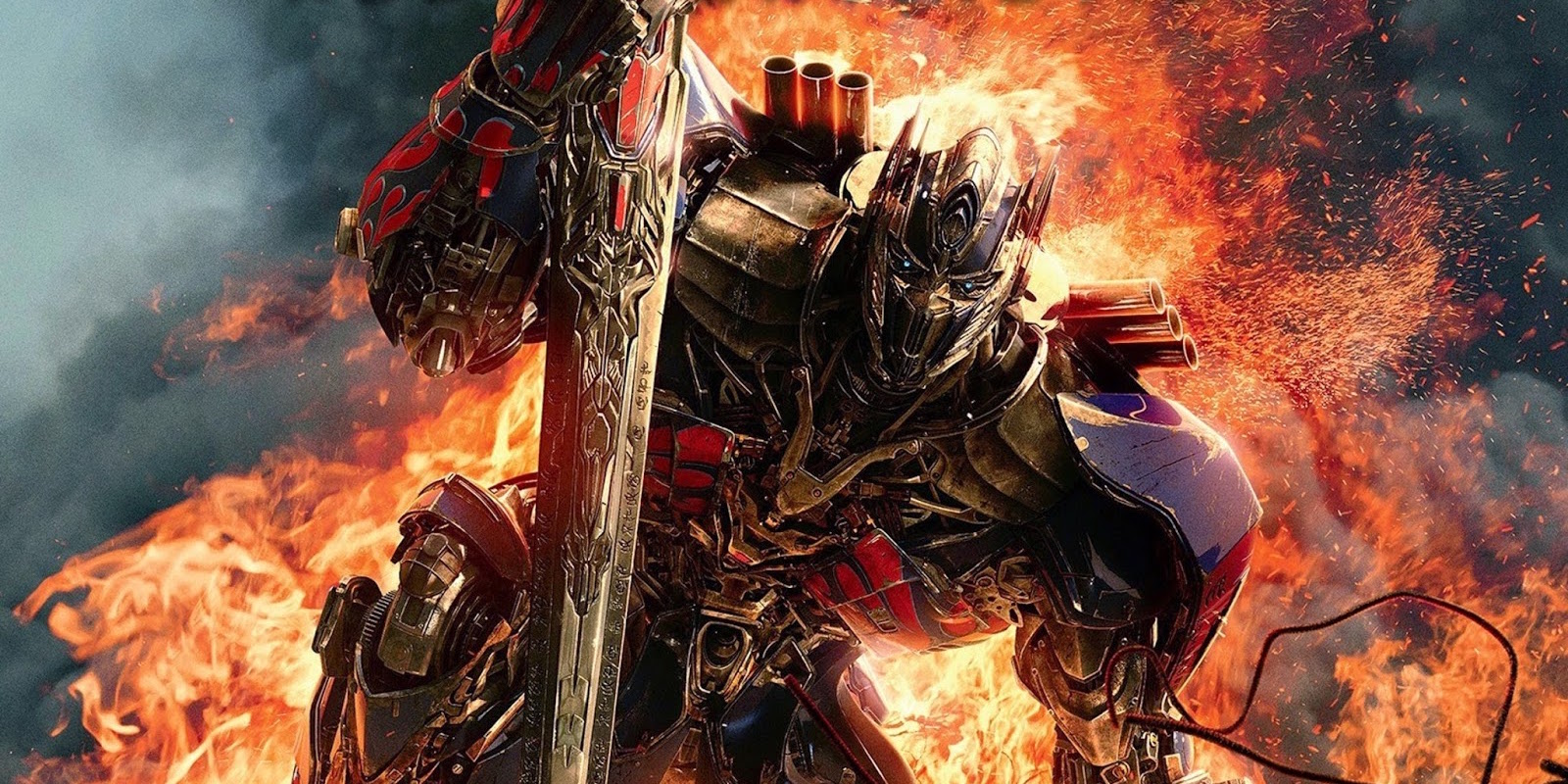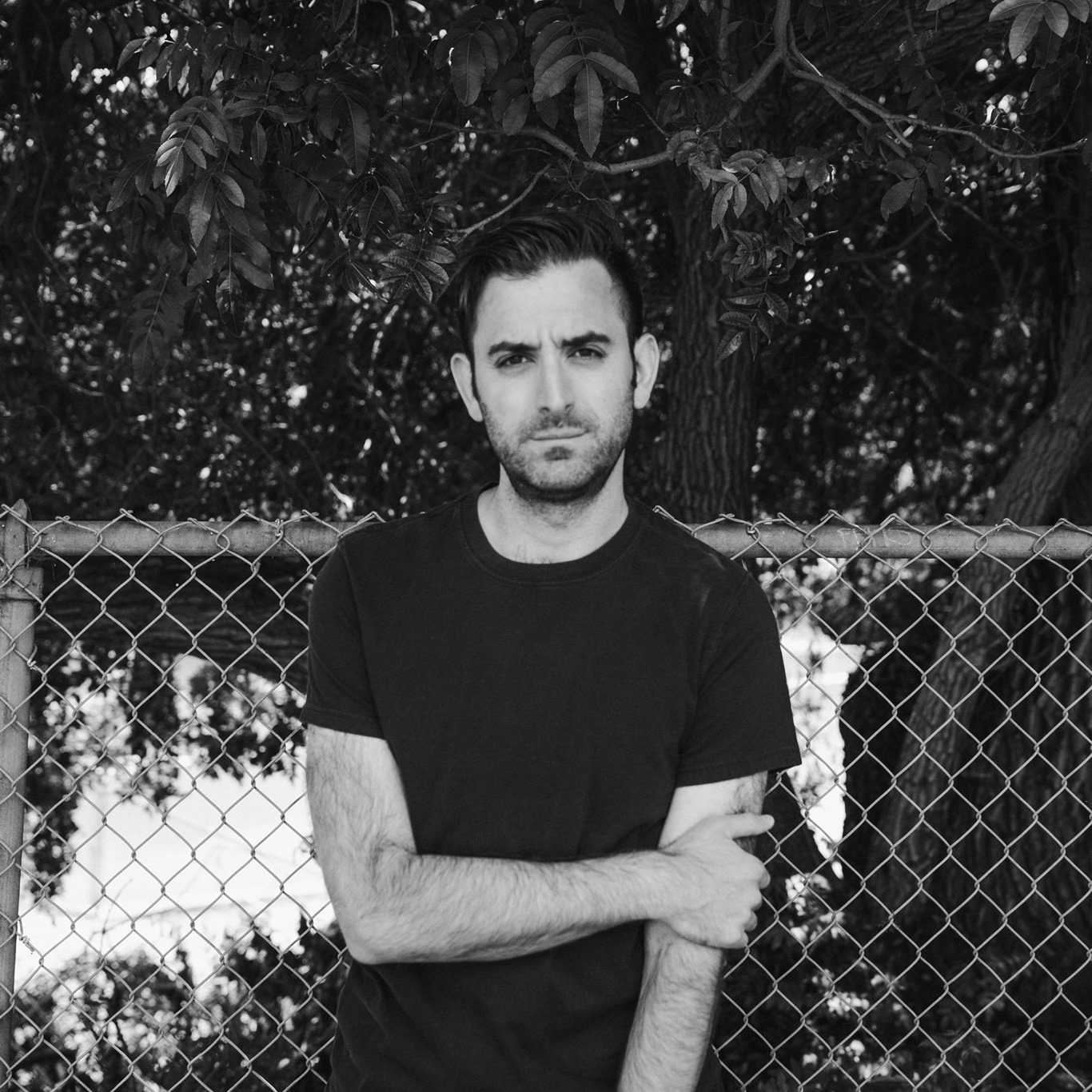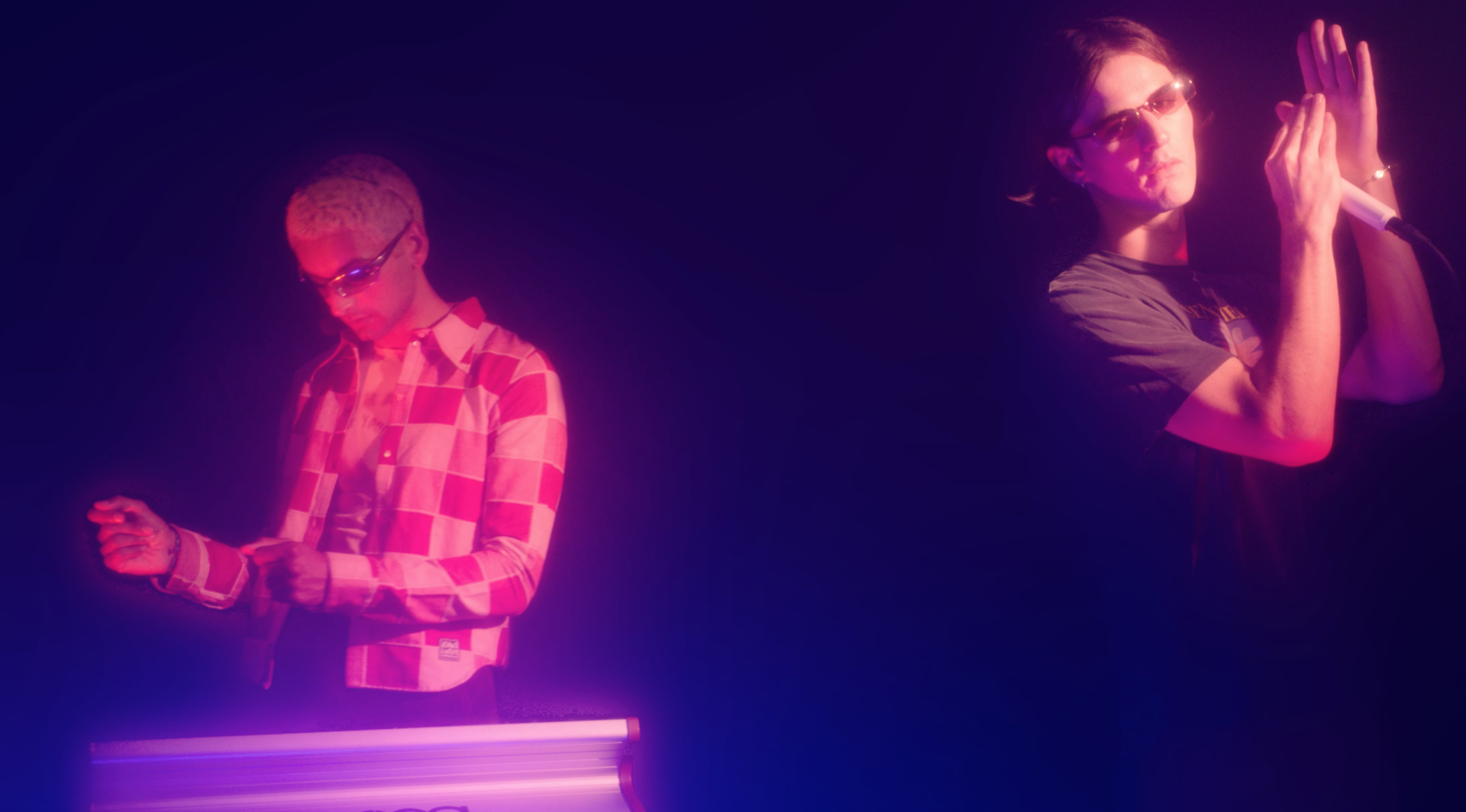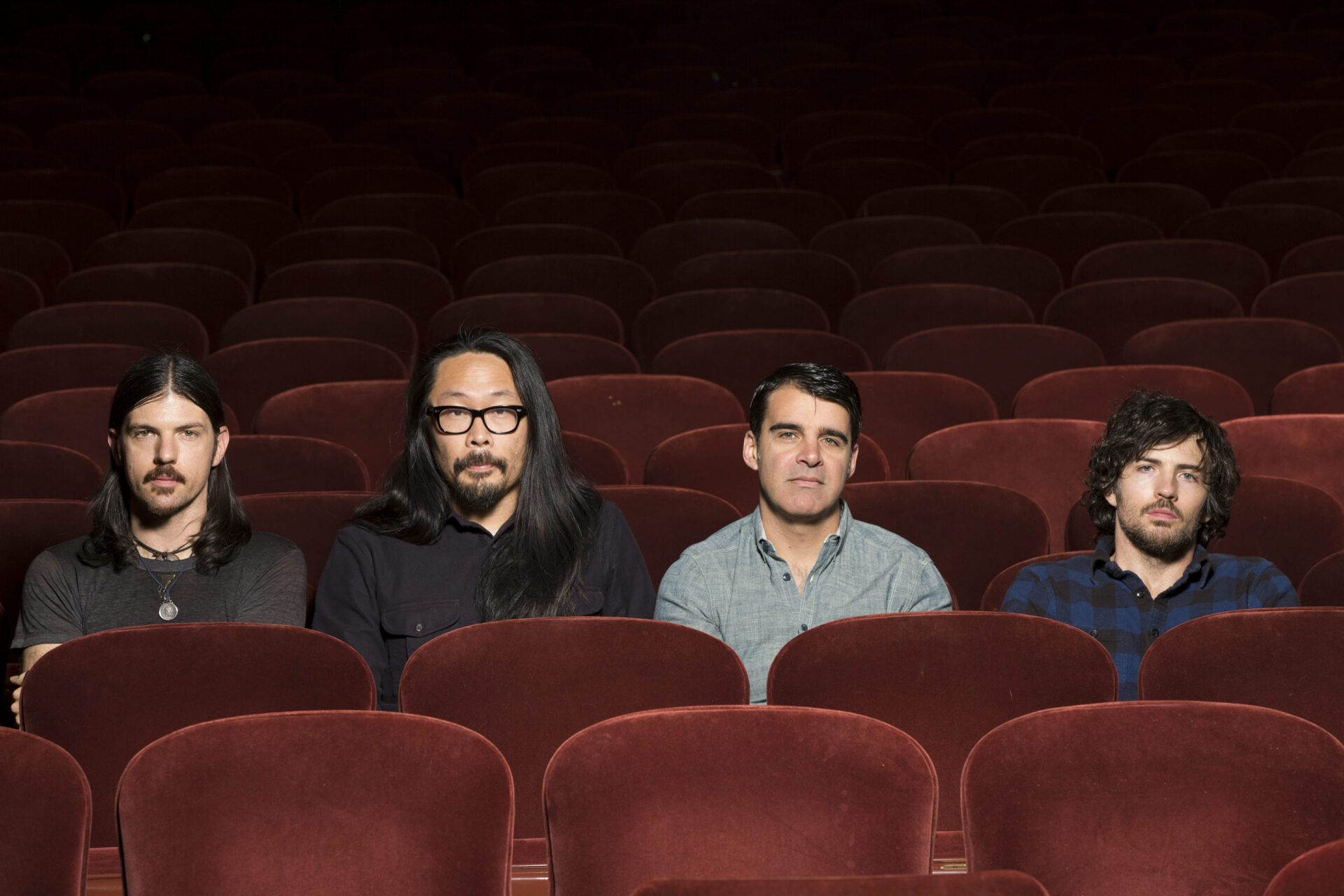Known for their jangly-pop arrangements and outlandish sound, Vundabar has taken a different approach with Smell Smoke. The album takes a darker turn with its themes compared to their two previous releases. This, however, does not stop the record from still having Vundabar’s signature sound. Written entirely by Brandon Hagen, the lead-singer of Vundabar, Smell Smoke, gives Vundabar’s fans a glimpse into the nitty gritty side of taking care of a loved one who had fallen both physically and mentally ill. We sat down with Brandon Hagen to discuss Smell Smoke, help from France’s music industry subsidize, and vulnerable songwriting.
So how was the songwriting process for Smell Smoke?
B: The songwriting process was sporadic, we did a first take on a record and then we thought we should go back and do something else. We scheduled the studio time for the second session and then had to whip things together or just solidify ideas to make that date. We were writing for the clock which really helps me.
How long have you guys been working on this record?
B: It’s been about a year and a half or more including the initial sessions and demoing, then planning how we wanted to put it out and the tour. It’s been a very long time in the making.
Was there any particular direction that you wanted to take with this record?
B: Although it wasn’t a conscious decision, I think there’s definitely new sounds and a new approach to songwriting that wasn’t on our last record. I think there’s more dissonance and business while still packaging the songs as pop songs and pop arrangements. I think we slowed down, not all the songs are three-minute bops. I think the album as a whole is a bit more of a slow burner and not as rock as our previous records.
What were some of the experiences that went into making this record for you as a songwriter?
B: There was someone in my life who got really sick and it kind of swallowed me up for a couple years. That’s kind of taken care of now with someone else. That was probably the biggest thing. With the things we tried to write before, I wasn’t ready to talk openly about those things with the previous record that we scrapped. Then it kind of reached this boiling point to where I didn’t want to be public about this but there’s also nothing to write about. I had to make myself vulnerable in that way to make the record happen. I was trying to avoid it in my writing and my creative pursuits and it made my writing flat. I don’t want to say dishonest, but kind of half-baked. We just picked up our records and you just consolidate all this time, feelings, and experiences into this physical item. There it is, now you can move past it.
It must be crazy to see all these shows selling out on your upcoming tour too.
B: It’s definitely been a slow climb, as I’m sure you know we’ve played Mahall’s a million times. It’s gotten to the point that I’ve played at Mahall’s and other venues with bowling alleys so many times that when we first started touring I was terrible at bowling, but now I’m a pretty good bowler. My bowling game has improved just from the fact that we play at venues with bowling alleys so much.
What were some of your favorite experiences from your tour with The Frights?
B: It was great, they’re some friends of ours and Hockey Dad became some good friends. All the shows were really fun and wild. We went to the salt flats with Hockey Dad and they shot a music video while we ate donuts in our van. That was fun. We went to the sand dunes and the Imperial Dunes in eastern California. At the last of the tour, I rode an inflatable bowl into the records. I was wearing a cowboy hat all tour that I found in a store in Austin for five bucks. Then that became my own stage persona for the rest of that tour. Then I got a second cowboy hat while on tour. That tour ended with me wearing a red cowboy hat while riding an inflatable bowl. It was a funny introduction to crowd surfing too.
How was playing The Observatory aside from that experience of crowd surfing on a bowl?
B: It was a much different experience from playing in The Northeast. I think there’s a lot of teenagers and young kids that are just hungry for new music and new things, and they have money to buy tickets.
What else is different about playing in California as a musician?
B: I think it’s also the disposition of California. I thought playing LA would be like playing New York where you really have to work the crowd who is very skeptical of you until you prove otherwise to them. When we played in LA, I thought they would give us nothing. But they’re super receptive at shows out there, when you play one song they’re instantly won over. On the other hand, I think it makes you a better performer when you have to think about you’re going to get a reaction out of the crowd.
What was the reasoning behind forming Gawk Records?
B: In the beginning, it was born out of necessity out of not having a label and needing something to put our music out there. I think later on too, we got into a deal that we didn’t like and luckily we were able to get out of it. It left an impression on us. I think there’s also a certain amount of risk involved with working with a label who are working with people who are essentially giving you a loan.
I saw something on twitter about how you guys were in a roundabout way subsidized by France, could you elaborate on that?
B: So ya know we self-released everything. Basically, we did this tour, and because festivals in this industry are subsidized they are willing to take risks on acts when putting together a lineup. So instead of trying to get the biggest act to sell the most tickets, they can choose what they like and what they want a bit more. And they can afford to pay developing artists larger guarantees. Because of all of those things, those people took chances on us and put us on their bills. So we did a month long tour with a large enough lump sum to record Gawk and press vinyl for Gawk. And basically, assemble a team to do a more or less professional release that an actual label would do instead of it being a DIY affair. In a roundabout way, we would never have gotten that capital to do that if that tour had not happened and the reason that the capital was there was because France subsidized the industry enough to ensure the people had to struggle a bit less and worry about money a bit less. So just an example of how subsidies for the artists can help artists careers develop. If we did not have that money, that release would not have been what it was. It was enough to the point that we could grow.
